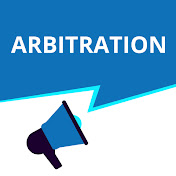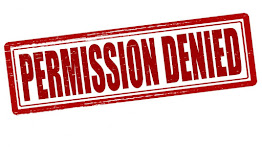Dallas Court of Appeals, No. 05-22-00386-CV (February 28, 2023)
Justices Reichek, Nowell, and Garcia (Opinion, linked here)
On September 2, 2020, Giambrone and Ebby Halliday Real Estate executed an exclusive listing agreement that provided Halliday a 6% commission if Giambrone’s property sold. After five months, Giambrone had not received any serious offers, so Giambrone and Halliday entered into a “Termination Agreement.” The Termination Agreement provided, in pertinent part, that 3% of the sales price would go to Halliday if Giambrone sold the property by December 31, 2021.
In June 2021, Giambrone had Compass list the property, and it promptly sold. Giambrone refused to pay Halliday the 3% fee prescribed in the Termination Agreement—$167,250. Halliday sued for breach of contract. The parties filed cross-motions for summary judgment. The trial court granted Giambrone’s motion. Halliday appealed.
The Court of Appeals reversed and rendered judgment, holding Halliday was entitled to the 3% fee. The appeal focused largely on the “producing cause” doctrine. This doctrine, which dates back to the Texas Supreme Court’s decision Goodwin v. Gunter, 185 S.W. 295, 296 (Tex. 1916), provides that a broker’s entitlement to a commission vests by procuring the sale. Here, Compass, not Halliday, found the buyer. But the producing cause doctrine is only a default rule, and parties can displace it through the terms of their agreement.
After observing that it is “not uncommon” for a broker to receive a commission by agreement after having its listing terminated, the Court of Appeals concluded the Termination Agreement overrode the producing cause doctrine. Because the termination agreement provided Halliday a 3% fee if Giambrone agreed to “sell or lease the Property” to “anyone” on or before December 31, 2021, Halliday did not need to procure the sale to receive the fee. Therefore, the Court of Appeals rendered a $167,250 judgment for Halliday and remanded for the trial court to determine Halliday’s attorneys’ fees on its breach-of-contract claim.























